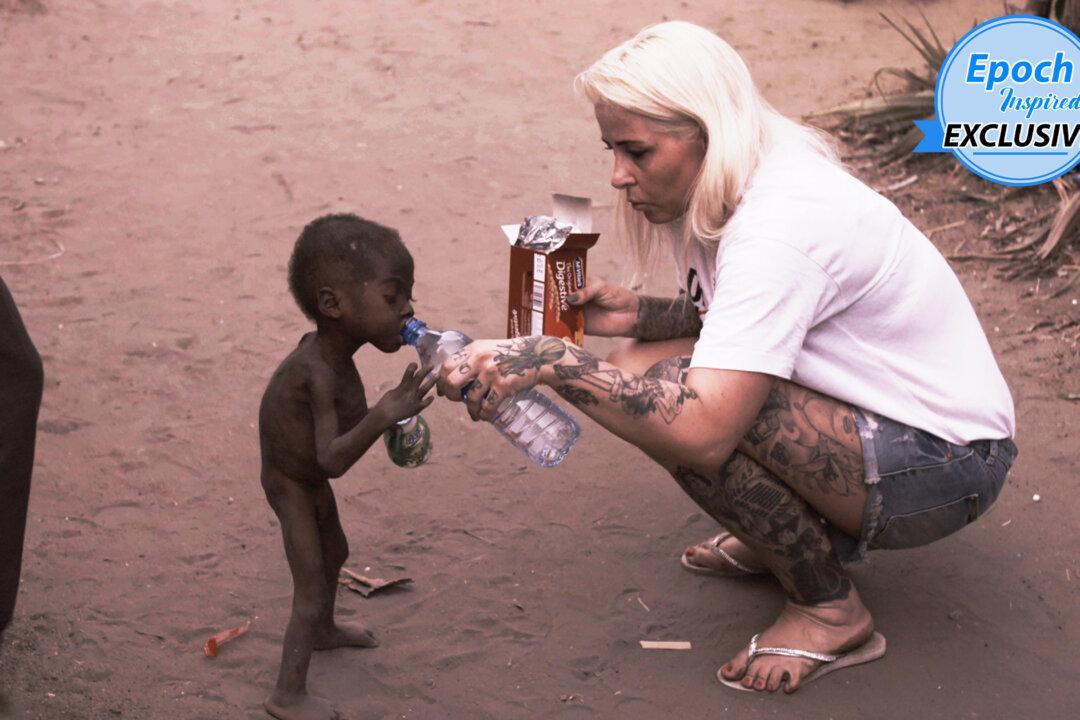A photo of an emaciated Nigerian toddler drinking water given to him by a woman went viral in 2016. The little boy, who was on the brink of death, was helped by a kind stranger who has been living and working in Nigeria for eight years.
Anja Ringgren Lovén took the little boy into her care and named him “Hope.” Miraculously, he survived; almost five years on, his transformation is unbelievable.





